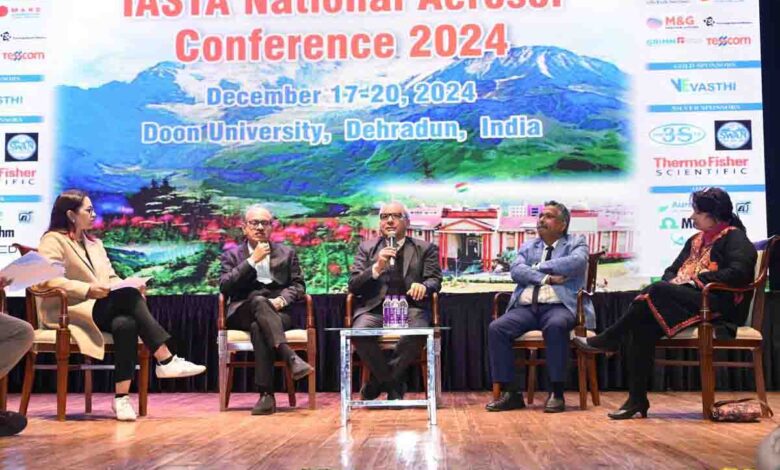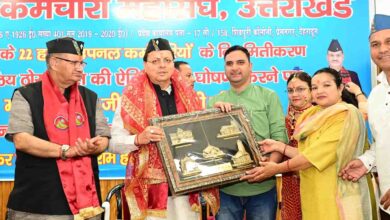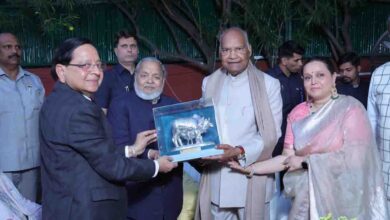Dust, biomass burning & vehicular emissions main sources of air pollution in U’khand, state scientists

PNS/DEHRADUN
Dust, biomass burning and vehicular emissions are the major sources of air pollution in Uttarakhand. Scientists stated this at the Indian Aerosol Science and Technology Association (IASTA) conference 2024 organised by the Aryabhatta Research Institute of Observational Sciences (ARIES), Nainital and the Doon University here.
Attending the panel discussion on air quality, the experts stated that excavation and construction activities are the primary sources of dust, whereas biomass burning includes forest fires and crop-residue burning in the northern part of the country. The fine particulate- aerosols- generated by these sources remain suspended in the air for a long time degrading the air quality. The situation is exacerbated during the winter season, when winds from the African and middle eastern region bring more aerosols to north India.
The panelists emphasised the requirement of developing precise instruments within India as well as standardising them so that a large number of coordinated air quality measurement stations can be established even outside metro areas. The scientific community was urged to categorise and investigate between different types of PM2.5 as not all PM2.5 are equally hazardous. At present all PM2.5 are clubbed into the same category for measurements.
Black carbon generated due to biomass burning such as forest fires gets deposited on glaciers and increases absorption of sunlight, causing accelerated melting. Dry pine needles (Pirul) are fire prone and are a big reason for forest fires in this region. If they can be converted to other usable products such as fertilizers or low cost energy sources, it will solve an enormous problem with multiple benefits. The panelists also opined that IASTA can act as a link between policymakers, the scientific community, industry and the society by helping in SOPs, standards and certification of services or products that deal with aerosols. Those who expressed their views include Uttarakhand State Council for Science and Technology director general Durgesh Pant, Bhabha Atomic Research Centre (BARC) director of Health Safety and Environment Group Dinesh K Aswal, YS Mayya from IIT Bombay, head of BARC Radiological Physics and Advisory Division BK Sapra and others.






